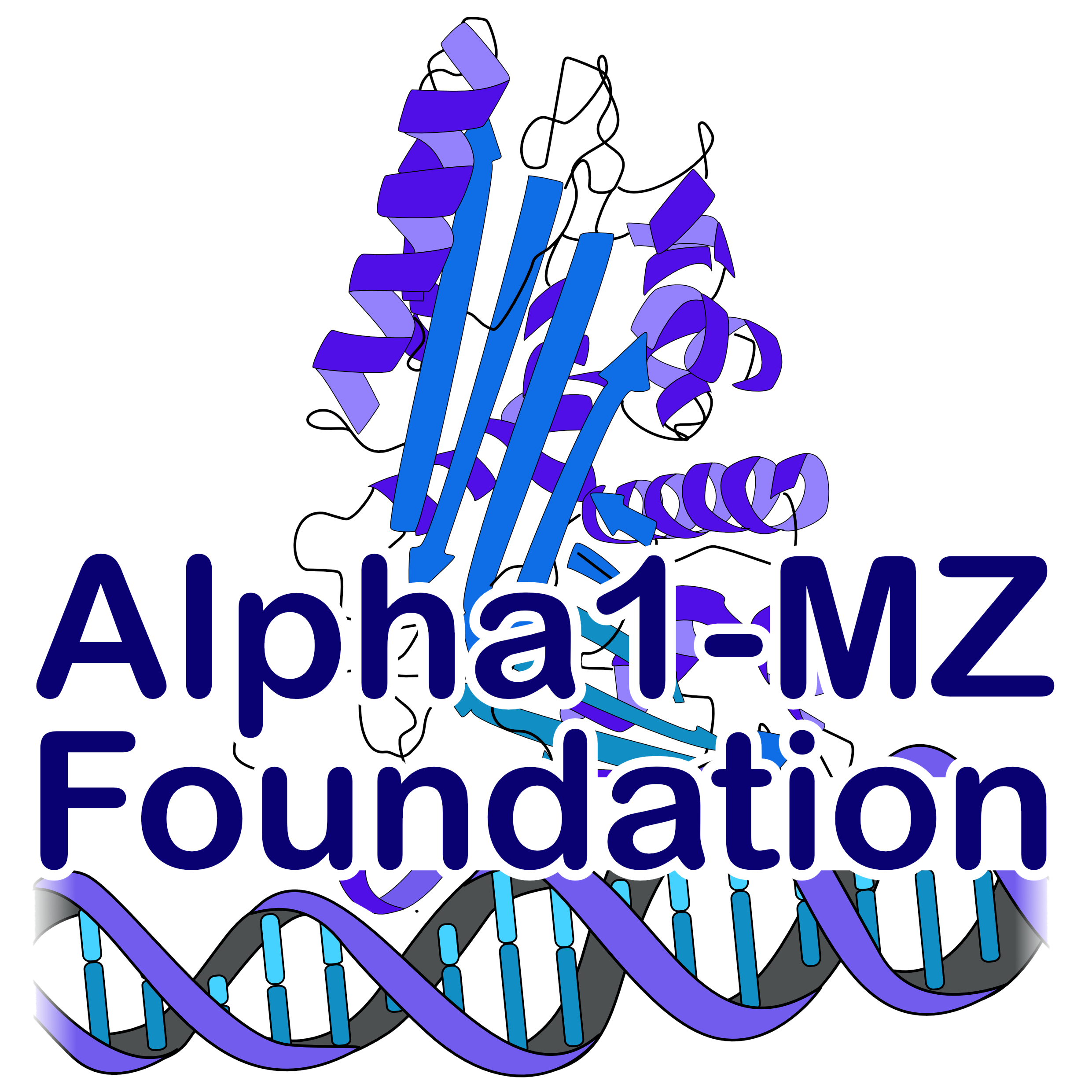Alpha-1 and neuropathy
Welcome to the section about Alpha-1 and neuropathy, which is one of the more serious, and often under-diagnosed effects of Alpha-1 MZ, having a high impact on the quality of life.
Neurological issues may be caused by an alpha-1 antitrypsin deficiency. However, they are most likely not a direct impact of the alpha-1 antitrypsin deficiency, but a second / third order effect of this, caused by an absorption issue of B12 vitamin in the small intestine. This absorption issue may be caused by a lack of bile acid, resulting in a bacterial imbalance in the small intestine (SIBO), inflammation issues like gastritis or any other offset in your digestive system.
Please note that neurological issues can also be caused by other inherited diseases or even a combination of those. For more information, you can visit the Facebook page on Alpha-1 and neuropathy.
B12 deficiency
In case of an B12 absorption issue, caused by alpha-1 antitrypsin/liver issues (lack of bile acid, or auto-immune / anti-inflammatory issues), the complex pathway of B12 will be disturbed and results in a B12 deficiency. This will in turn result in various neurological issues, possibly leading to brain issues and even disability.
Vitamin B12 deficiency in its early stages is asymptomatic. Diagnosing a B12 deficiency is quite a challenge, since very often it is assumed that anaemia is required.
There is a danger that the diagnosis, and B12 deficiency treatment, will be delayed, which may have a large impact on the patient. Many people may have chronic symptoms, considering the severity of the disease (Hunt et al., 2014).
The B12 Institute offers a wide range of information on B 12 deficiency. Click here to read more about the symptoms of B 12 deficiency.
Current clinical practice is to treat B12 deficiency with hydroxocobalamin in the intramuscular form. Standard initial therapy for patients without neurological involvement is 1000 μg intramuscular (i.m.) in different intervals depending on the neurological issues (typically 2x week until there is no improvement).
Maintenance treatment with an initial neurological deficit should consist of hydroxocobalamin 1000 μg i.m. every 2 months. No further testing for cobalamin levels is required.

Note: the above treatment recommendations are general and do not take the effects of alpha-1 antitrypsin deficiency and liver-related issues into account. Therefore, treatment intervals should always be discussed with regard to the patient’s liver status.
Furthermore, B12 is processed and stored in the liver. In in case of a liver disease/capacity issue, the storage of B12 in the liver may not cover the intervals between the maintenance doses, and the amount of hydroxocobalamin may be considered to be lower, with a shorter interval.
Always discuss B12 treatment with your doctor, taking your Alpha-1 liver condition into account!
